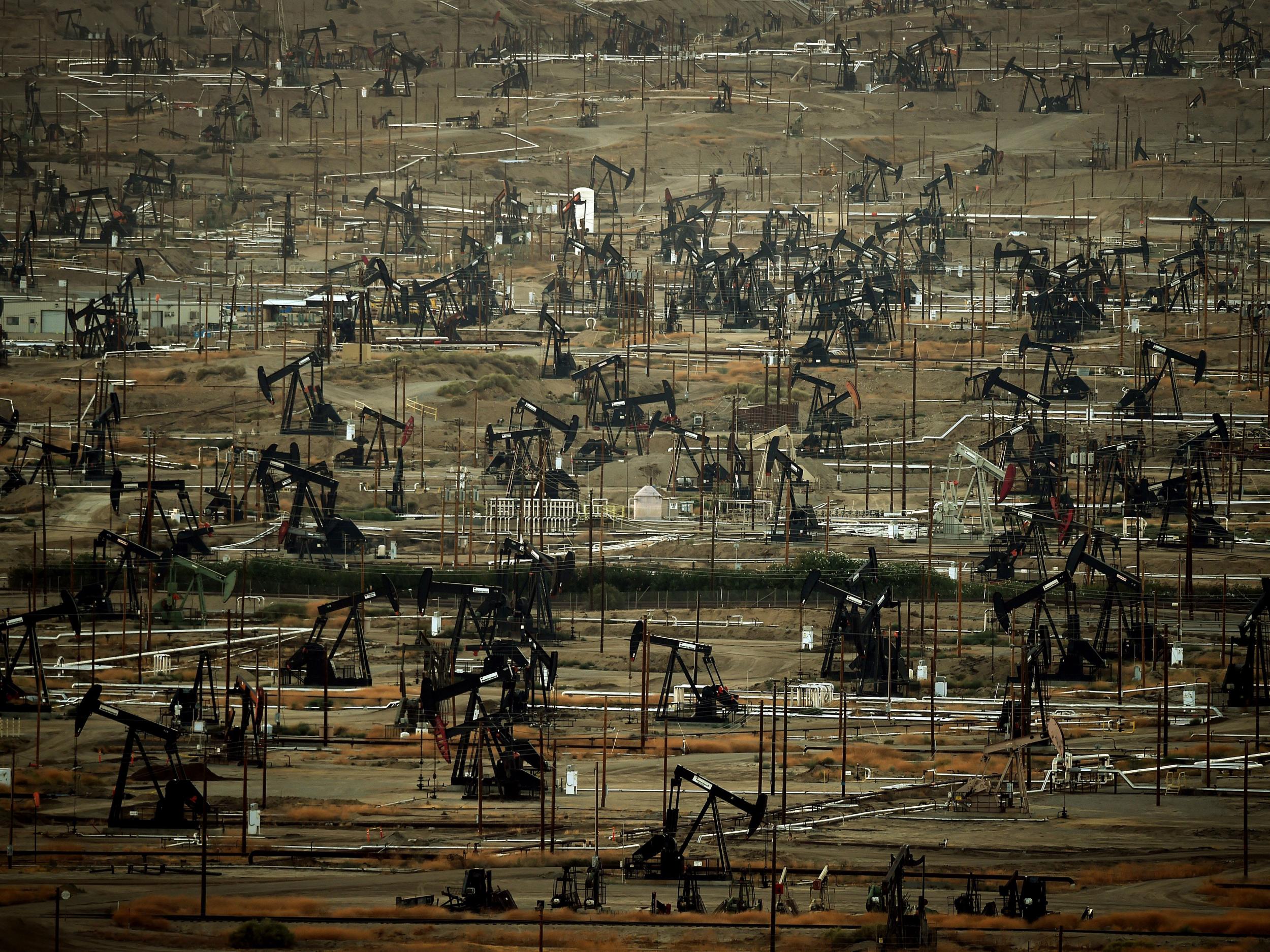What happens if the global oil price doesn’t bounce back?
Economic View

Suppose the oil price stays low – either around its present level of $45 a barrel, or even lower – what are the consequences? The question is worth asking because there is a tacit assumption that the halving of the oil price at the end of last year is not sustainable and that prices will gradually recover, perhaps to around $80 a barrel, though this may take several years.
That at least is the Opec position, but there is no consensus on this, for some forecasters have argued that prices will stay low for longer. Goldman Sachs is among the bears, predicting that prices will remain low for 15 years, while Barclays’ mid-range estimate is $85 a barrel by 2020, with a top range at $100. The truth is, of course, that no one can know, just as hardly anyone spotted the collapse of the price last year ahead of the event.
He argues that none of these tenets still hold. Oil supplies are not likely to be exhausted as new methods of extraction (as is happening in shale) are developed. The maths of shale oil are different from conventional oil, so production does tend to respond to price. Oil now increasingly flows from west to east: from the Americas and Middle East to India and China. And while Opec is still an important factor in the market, its ability to stabilise it is less marked than it used to be.
You can catch some feeling for all this in the graphs. At the top is a stylised indication of the costs of various types of oil production. On the left is the Middle East, still the lowest-cost supplier, ranging from almost zero to about $40 a barrel. Then as you move to the right come the alternative, higher-cost methods of production: onshore conventional oil, shale, offshore and deep-water, and finally oil sands. As you can see, at $50 a barrel or below, most shale and offshore production loses money, but the Middle East, in particular, is still in the black.
The other graph shows the switch between the US and China as the main importers, with the US quite possibly becoming a net oil exporter in about 15 years’ time. India, as you can see, becomes an increasingly large importer, and is set to pass the US to become the second-largest in a couple of years. We are reaching the stage where it is very much in the self-interest of China and India to have the lowest possible price.
What does this mean for prices? Wisely Mr Dale does not say. But the “low price for longer” would be consistent with his analysis, so let’s take that as the working assumption. What then?
First the macroeconomic impact: on the face of it cheap energy ought to boost global growth, but it is not quite as simple as that. The developed world has done a great deal to economise on energy consumption, and particularly that of oil. The UK now uses less energy than it did in 1965, partly a result of conservation but also because we have shut down nearly all our heavy industry. So cheap oil will not affect us much as consumers, though it will affect Scotland as a producer. It is more of a help for Europe and Japan, but not a game-changer. The biggest impact of cheap oil will be to underpin sustained growth in the emerging world, where demand is rising as living standards rise. It is perhaps best to see cheap oil as an enabler of such growth, rather than a cause of it.
If China and India are the big winners, the oil producers are the big losers. These include Russia, the Middle East (of course), some African nations and, to a lesser extent, Canada. Within the Middle East some countries will be harder hit than others.
The cushions they have built up in financial and other assets vary in size. Saudi Arabia will burn through its assets within five years if it keeps its present spending policies, according to a report yesterday from the IMF. Bahrain and Oman are in much the same position; but the UAE, Kuwait and Qatar have assets that could last more than 20 years.
Russia is hardest hit of all. Oil and natural gas account for nearly 70 per cent of Russian exports, and that plus mineral extraction account for half of government revenues. In the short term Russia can continue to be disruptive, but in the medium term financial pressures will contain the country’s ambitions, as well as depressing living standards. It is a question beyond economics: will a poorer Russia be a less belligerent one?
Beyond the macroeconomic impact are a mass of other issues. Most are obvious. There will be less direct financial pressure on energy conservation, though the environmental case will be as strong as ever. Transport everywhere will benefit, and industries that are sensitive to transport costs will benefit too. Tourism will boom. Less obviously construction does well, partly because it is energy intensive but also because cheap oil is likely to be associated with cheap money.
And that is perhaps the most interesting, and less explored, consequence of a long period of cheap energy. There is the one-off impact of the fall in the oil price. We have had that. But there is also the lasting effect of low inflation on interest rates. Just as the oil shocks of the past heralded a surge in interest rates, so oil stability reduces the need for higher rates.
That, at least, is the current conventional view, which sometimes is proved right.
Join our commenting forum
Join thought-provoking conversations, follow other Independent readers and see their replies
Comments
Bookmark popover
Removed from bookmarks